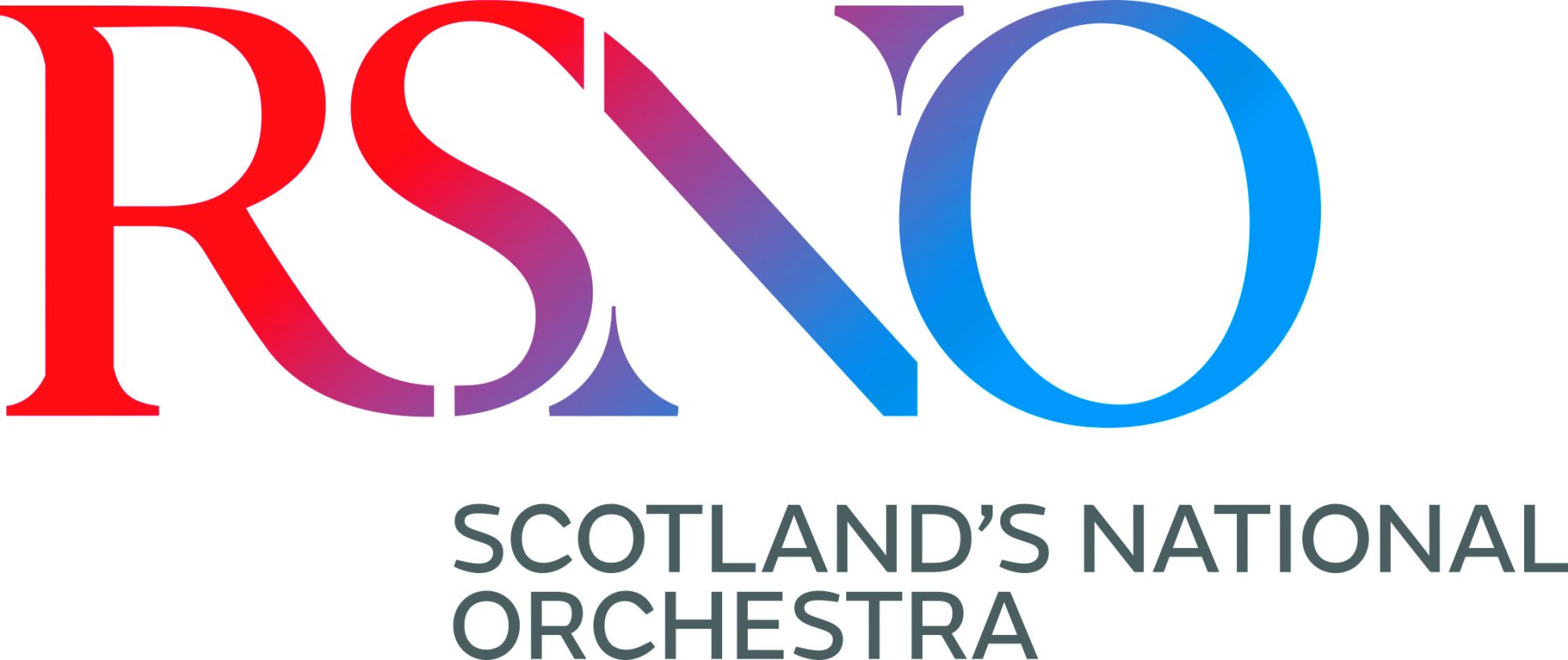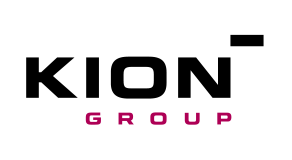Contact the team at FWB to discuss your individual or company requirements, or to discover more about our specialist services.

This opportunity has now been filled
Non-Executive Director
About the role
BOARD MEMBERS
The James Hutton Institute is an international research centre based in Scotland. The work we do is right at the top of the global agenda and involves tackling some of the world’s most challenging problems including the impact of climate change and threats to food and water security. Working together in interdisciplinary teams enables us to address major land management and environmental issues more effectively and to deliver innovative products, knowledge and services that enrich the life of the community and address the public goods of environmental sustainability, high quality and healthy food.
The James Hutton Institute together with its subsidiaries is a company limited by guarantee controlled by a non-executive Board of Directors and, therefore, subject to companies legislation as well as being a registered charity regulated by the Office of the Scottish Charities Regulator (OSCR). Board Members, acting collectively, ensure that the objectives of the organisation are met. The Board determines the strategic direction of the Institute and creates an environment in which its aims are achieved and its potential realised.
The Board consists of 12 non-executive members and due to the retiral of the several Board members, the Institute wishes to appoint new members to its Board. Board Members will be appointed for an initial three-year period which may be extended for one further three year period. Ideally candidates will bring expertise in one of the following areas:
- Scientific expertise in either social sciences, informatics and computational sciences or biology
- Commercial expertise in particular in an international context
- Audit or Finance expertise
The time commitment for a member ranges from six to ten days per annum.
The appointments are not remunerated but travel and subsistence expenses are met.
The James Hutton Institute has a positive attitude towards diversity including gender balance amongst its staff, students and Board members so we are particularly interested in attracting applicants from different backgrounds and genders.
Duties of Board Members
Board Members, acting collectively, ensure that the objectives of the organisation are met. The Board determines the strategic direction of the Institute and creates an environment in which its aims are achieved and its potential realised.
In particular the Board is responsible for:
- Ensuring that the purpose of the organisation is clearly defined and that measurable outputs to the organisations served are determined against long term strategic aims and short term key performance indicators
- Approval of the strategic direction of the Institute, strategic plans, mission statements and budgets and final decisions of fundamental concern to the continued viability of the Institute.
- Holding the executive to account
- The appointment of the Chief Executive, his/her delegated powers and the monitoring of his/her performance;
- Ensuring that the Institute is managed effectively;
- Ensuring solvency and safeguarding assets;
- Adherence to the Staff Code.
- Compliance with all laws and regulatory requirements including the Companies Acts, and ensuring that the Board does not exceed its powersDelegation of its powers appropriately;
- Ensuring appropriate systems for internal control are in place and that these systems are reviewed;
- Ensuring systems are in place to identify, understand, and manage risk;
- Ensuring the effectiveness and performance of the Board is periodically reviewed, assessed and benchmarked against other similar organisations;
- Ensuring the Board conducts itself in accordance with accepted behaviour and promotes these standards to other staff;
- Ensuring information and advice provided to the Board aids decision-making;
- Engagement with stakeholders.
The Board carries significant responsibilities in these legislative areas:
- employment
- human rights
- European law
- property law
- information rights and data protection
- environmental law
- intellectual property law and procurement/competition.
- company law
In addition, the Board has responsibilities under the Health and Safety at Work Act 1974 and other legislation where there are provisions for corporate liability. Accordingly, the Board needs to satisfy itself that the Institute has a written statement of policy on health and safety and that there is a Health, Safety and Welfare Committee.





